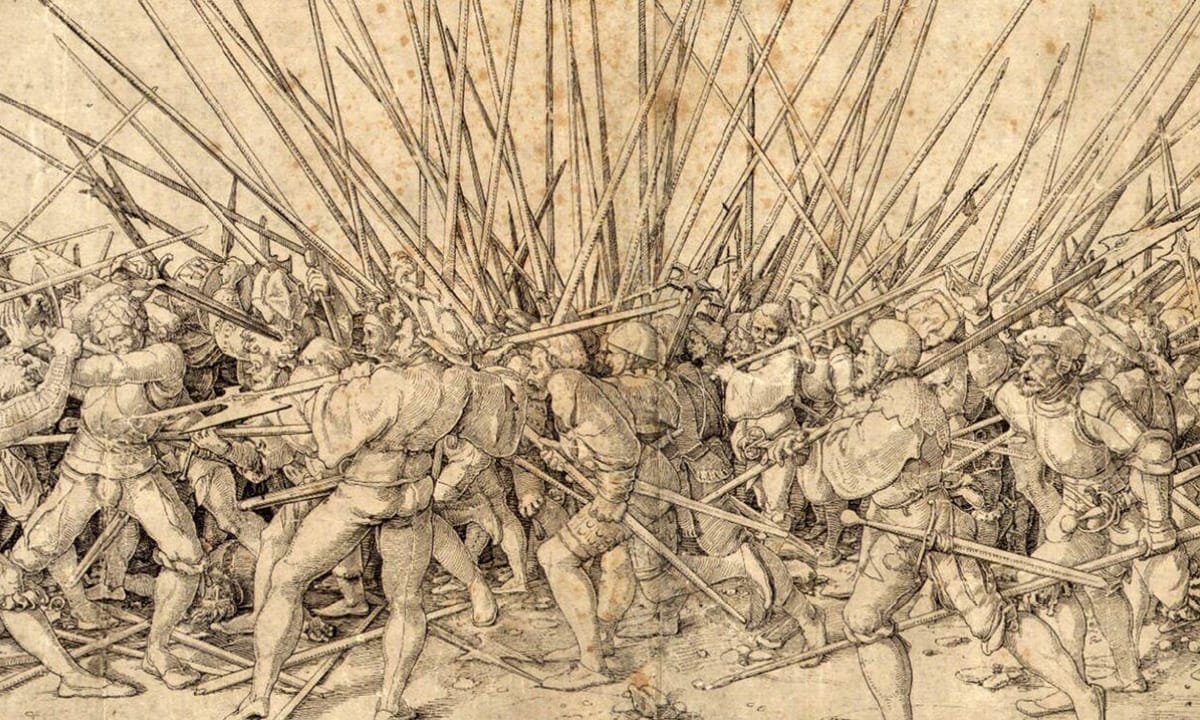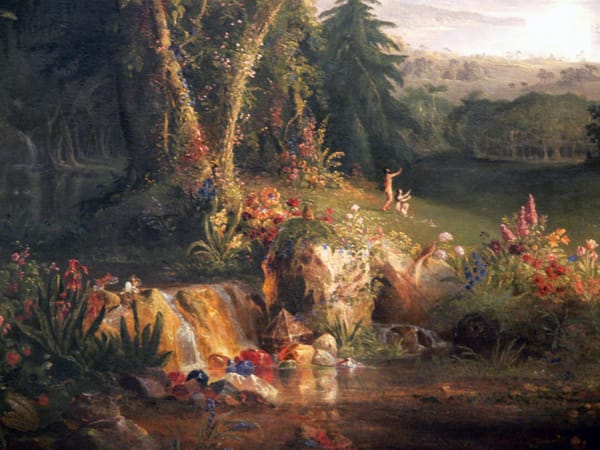Vainglorious Verisimilitude
Of the infinitely divergent imaginable realities, why choose a staid simulacrum of our own, but with elves?

The latest Fear of a Black Dragon and Into the Megadungeon podcasts got me reflecting on the role of verisimilitude. How perverse to deploy our infinite capacity for imagined realities, for only a staid simulacrum of our own!
Both transmissions touched upon horror, and proposed a form I might dub liminal understanding - the accretion of facts and sensations that implies a deeper coherent meaning, while actively resisting the cognitive chunking needed to relieve that mounting tension. This balance of seeming, of apparent reason lurking just behind ultimate revelation that never comes, is an intoxication of dread and delight. Yet this concept has much broader application than horror alone.
Roleplaying games are uniquely suited to explore liminal understandings: inherent to the medium is an alchemy of imagination, rationality, and storytelling. We write character sheets, but the characters are formless. We draw maps of dungeons and nations, but the spaces are endless. We write adventure modules and faction agendas, but the post-hoc stories are boundless.
The artefacts of play in our world are just the shadows cast upon the cave wall, from the infinitely rich plane of existence that we are imagining. We are each cast as a philosopher around that campfire, debating meaning and reality, before bonking someone on the head with our club if we don't like the cut of their jib.
This stands in some contrast with other narrative media: a novel has its text, a comic has its drawn panels, and a film has its animated audiovisuals. We all react differently as an audience and find our own meanings, but we must agree what is and is not contained in the actual work.
Musings
Scattered thoughts on what we could do with a bit more of in the hobby: imaginable impossibilities.
- Non-linear time. Beyond flashbacks or Script Change: The Skeletons plays with the time between activity, while Microscope and Pasión de las Pasiones play with having non-chronological scenes that can effectively re-write our understanding of history. How might we play with infinite divergent universes, or rules that handover the keys to time-travel fiction?
- Non-Euclidean spaces. Not just magical portals or a bag of holding, but more Charles Dodgson-esque oneiric spaces and traversal that are not of our world, yet make some dream-like sense in the mind's eye. A literal ocean contained within a glass bottle, or a city-tower with only consistent travel clockwise or widdershins.
- Inhuman agents. We naturally tend to ascribe human-like thought and emotion to fantastical creatures, but could do well to try and define agents that act incomprehensibly. How perplexing the entity that habitually replicates into divided halves, or one conciously felt as an imperceptible presence that gradually re-writes your personal history.
- Mutable realities. A demiurgic ritual dagger through the dark heart of Planescape: if (local) reality is shaped by belief, then believers would take up arms to cull dissidents, for fear of the material future their ideas would birth. Solipsism could become a self-wrought exile, and thought-immigrants posing a genuine existential threat.




